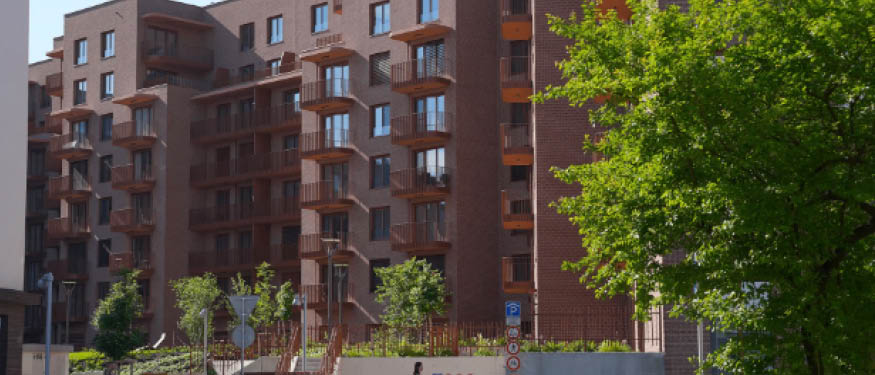While economic indicators look solid for Bulgaria and there is considerable progress made in terms of its energy mix becoming more reliant on renewable energy, according to Kinstellar Partner Antonia Mavrova, the country faces ongoing challenges both in terms of keeping pace with decarbonization targets due to populist pushback and in terms of moving several projects past the finish line without a stable government.
"Recent developments indicate that Bulgaria is at a crucial juncture in its economic journey, particularly regarding its goal of joining the Eurozone," Mavrova begins. With low inflation rates, the country strives to meet the “moving target that is the shifting timeframe for joining the eurozone, aiming for a potential transition next year." Another key focus, according to her, "is the removal of the land border checks to the Schengen area, which Bulgaria is vigorously pursuing, but this requires a unanimous decision at the EU level that is still uncertain."
A cornerstone of Bulgaria’s strategy is its Recovery and Resilience Plan. "The country has already received a vital initial payment of EUR 1.37 billion, opening up attractive tender opportunities for foreign investors, especially in renewable energy,” Mavrova reports adding that one particular project for battery energy storage "targets at least 3 gigawatts of additional renewable energy capacity. Additionally, the development of industrial zones is set to begin soon, with approximately EUR 100 million allocated for constructing and developing industrial plants to stimulate growth and attract new investors."
"Bulgaria faces challenges regarding its decarbonization targets for coal mines, as the national recovery plan includes closing several coal mines to meet green criteria,” Mavrova adds. "However, there is a notable lack of political will, with considerable pushback from populist parties. In light of this, Bulgaria is preparing to continue negotiating its changes to the national recovery plan with the goal of achieving sufficient political support."
In terms of what’s keeping consultants in the market busy, renewable energy initiatives lead the way. "The pace of energy diversification has accelerated significantly," according to Mavrova. "For instance, solar capacity has surged from 1 gigawatt-hour in 2019 to approximately 4 gigawatt-hours today. By 2033, Bulgaria aims to achieve an additional 14,000 megawatts of solar power and 830 megawatts of wind energy, with these numbers representing the sum of RES projects already in development." Furthermore, she reports that Bulgaria is preparing to commission two new reactors at its largest nuclear power plant, which is projected for 2034. "Hydrogen development is also on the agenda, with the National Electric Company (NEC), backed by the European Investment Bank (EIB), exploring plans for two large pumped-storage plants with a projected capacity of around 800 megawatts."
Mavrova also reports that, while Bulgaria adopted an FDI screening mechanism back in March of this year, "it remains inactive due to a lack of supporting legislation, compounded by the political instability from the ongoing caretaker government – with the country now facing its seventh election in a row for the past four years. Once fully implemented, this mechanism is expected to complicate the entry of EU investors into the market." Also stemming primarily from the political instability, Bulgaria is also behind schedule on major infrastructure projects, including plans for a new concession for the Varna port in conjunction with the Rousse port.
Despite such delays, Mavrova concludes with a positive forecast of a likely booming automotive/industrial sector in the country, seconded by strong growth in the logistics sector. The former, Mavrova highlights, represents close to 10% of employment in manufacturing across the CEE region and the hope is that it’ll soon have a similar impact on the local market as well with both sectors seeing signs of strategic investors looking at Bulgaria.

















